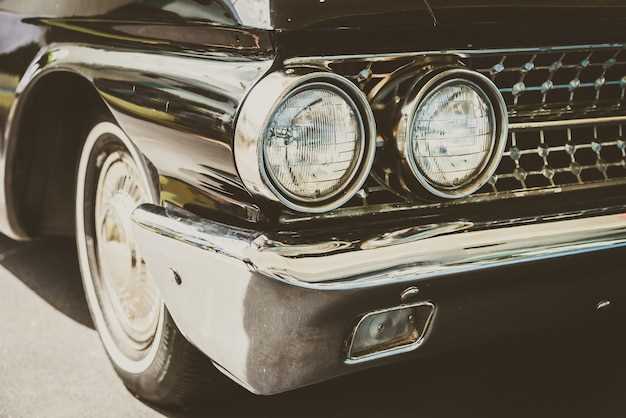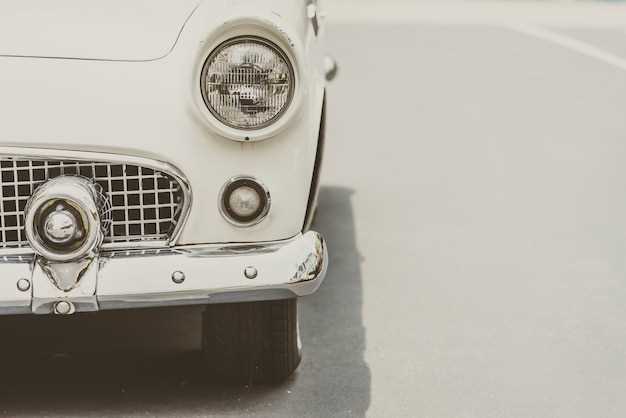
Japanese classic cars have garnered immense collectability among automotive enthusiasts and collectors worldwide. Their distinct designs, innovative engineering, and rich history contribute to an ever-growing appreciation for these remarkable vehicles. In recent years, many models have not only stood the test of time but have also become iconic representations of Japanese automotive culture.
As the market for classic cars expands, certain Japanese models have emerged as highly sought after investments. Their rarity, performance, and nostalgic value make them appealing to a diverse range of collectors. From the legendary Toyota Supra to the timeless Nissan Skyline, these vehicles encapsulate a golden era of Japanese motoring that continues to captivate the hearts of enthusiasts today.
This article will explore the top ten valuable Japanese classic cars you should know. Each vehicle featured represents a unique chapter in automotive history and showcases the craftsmanship that defines the Japanese car manufacturing industry. Whether you are a seasoned collector or a curious newcomer, understanding these essential classics will deepen your appreciation for their enduring legacy and potential for future collectability.
Key Features That Increase Collectability of Japanese Classics
The collectability of Japanese classic cars hinges on several key features that significantly influence their value in the automotive market. One of the primary factors is rarity. Limited production runs or unique models attract collectors, as fewer units available drive up demand and enhance overall value.
Another critical feature is historical significance. Cars that are tied to notable motorsports achievements or cultural milestones tend to command higher prices. Models that represent a specific era in automotive history or innovations in engineering also enhance collectability.
Condition plays a vital role as well. Vehicles that are well-preserved, whether in original factory condition or restored meticulously, hold more value. Documentation of maintenance history, ownership records, and original parts further boosts desirability and price.
Performance and technological advancements are also significant. Classics that showcase advanced engineering, such as turbocharged engines or groundbreaking suspension systems, often become more sought after as enthusiasts appreciate their engineering marvels.
Cultural impact, including appearances in media, movies, or video games, influences collectability. Cars that have become icons through popular culture resonate with collectors, creating an emotional connection that enhances their value.
Lastly, manufacturer reputation plays an essential role. Brands like Toyota, Honda, Nissan, and Subaru, known for reliability and performance, attract dedicated followings that further elevate the status and value of their classic offerings.
How to Assess the Value of Vintage Japanese Vehicles

Assessing the value of vintage Japanese vehicles involves several key factors that enthusiasts should consider. Understanding these components can help determine an accurate market price for a classic car.
Condition is perhaps the most crucial aspect. Examine the vehicle’s exterior, interior, and mechanical components. Look for signs of rust, body damage, and wear on the interior materials. A well-preserved car in excellent condition commands a significantly higher value than one that requires extensive restoration.
Rarity also plays a vital role in establishing value. Limited production models or discontinued lines often have a higher demand among collectors. Research how many units of a specific model were produced and how many remain in circulation today.
Another important factor is the history of the vehicle. A documented history, including service records and previous owners, can enhance its appeal. Vehicles with a unique story or cultural significance often fetch higher prices.
Market trends are essential for understanding value. Investigate recent sales of similar models to get a sense of the current market landscape. Online auction sites and classic car shows can provide insights into what buyers are willing to pay.
Lastly, modifications may impact the value. While some enhancements can increase interest, others may detract from the originality that many collectors seek. Always consider how a modification aligns with the expectations of potential buyers in the classic car market.
By carefully evaluating these factors, you can arrive at a well-rounded assessment of the value of vintage Japanese vehicles, whether you are buying, selling, or simply admiring a classic auto.
Best Resources for Buying and Selling Japanese Classic Cars

When it comes to the collectability of Japanese classic cars, knowing the right resources can greatly enhance your buying and selling experience. Here are some of the most effective platforms and communities to consider:
Online Marketplaces: Websites like eBay Motors and Craigslist offer extensive listings for Japanese classic cars. These platforms allow users to filter searches by make, model, and price, making it easier to find vehicles that match specific criteria. Always research the seller and read reviews to ensure a safe transaction.
Specialist Auction Houses: Participating in auctions held by specialist firms such as RM Sotheby’s and Gooding & Co. can provide access to high-quality Japanese classics. These auctions attract collectors, providing an ideal environment for both buying and selling rare vehicles, often fetching premium prices due to their expertise in the market.
Classic Car Forums and Communities: Engaging with online forums dedicated to Japanese classic cars, such as Classic Car Restorer and JDM Legends, can yield valuable insights and potential sale opportunities. These communities are often filled with enthusiasts who share tips, restoration advice, market trends, and even leads on cars for sale.
Social Media Groups: Platforms like Facebook host numerous groups focused on buying and selling classic cars. Join groups dedicated to Japanese models to connect directly with sellers and buyers. The interactive nature fosters trust and community, enhancing the collectability of your vehicle through shared knowledge.
Car Shows and Meets: Attending local or national car shows not only allows you to showcase your vehicle but also provides a networking opportunity. These events often feature vendor booths focused on classic cars, and numerous enthusiasts are eager to buy or trade, increasing your chances of finding a desirable vehicle or a buyer for yours.
Classic Car Magazines and Publications: Subscribing to magazines like Hemmings Motor News or Classic Motorsports can keep you updated on market values, trends, and available cars. These publications frequently include classified ads that connect sellers and buyers, making them a valuable resource in the classic car market.
By leveraging these resources, you can enhance your journey in the world of Japanese classic cars, whether you are looking to buy a unique model or sell a cherished vehicle. Understanding the nuances of collectability will also enable you to make informed decisions in your transactions.




